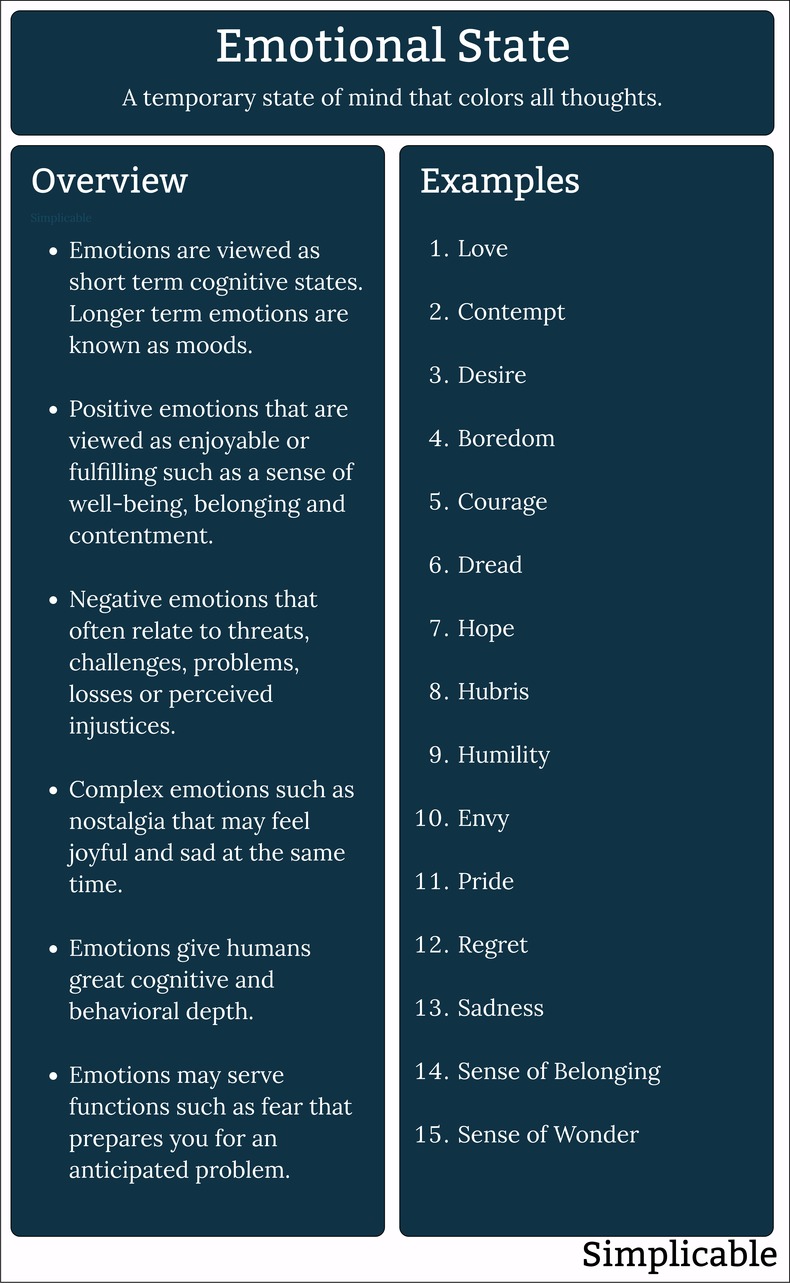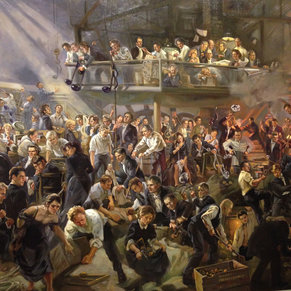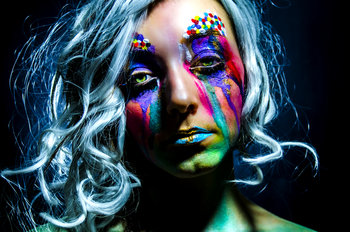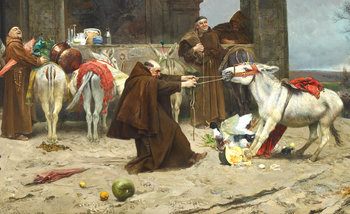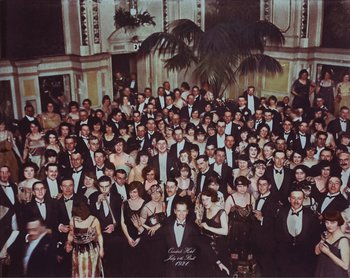An emotional state is a temporary state of mind that colors all thoughts and perception for a period of time. This is a basic characteristic of human cognition whereby people are generally viewed as experiencing emotions at all times. Emotional states give human behavior great depth and variety by modifying the responses and perceptions of each individual. The following are examples of emotional states.
Affection | Aggression | Anger | Annoyance | Anxiety | Boredom | Calmness | Confidence | Contempt | Contentment | Courage | Desire | Despair | Disappointment | Disgust | Doubt | Dread | Elation | Embarrassment | Empathy | Envy | Excitement | Fear | Friendliness | Frustration | Generosity | Guilt | Happiness | Helplessness | Hope | Hubris | Humility | Hurt | Insecurity | Interest | Irritation | Joy | Loneliness | Love | Pleasure | Politeness | Powerlessness | Pride | Regret | Relaxation | Relief | Resentment | Sadness | Satisfaction | Sense of Belonging | Serenity | Shame | Stress | Submission | Surprise | Suspicion | Tension | Triumph | Trust | Worry |
SummaryEmotions are temporary cognitive states that tend to influence thoughts. These are viewed as positive or negative but can also be neutral. It is also possible for an emotion to be complex whereby it feels both positive and negative at the same time. DiscussionEmotions are a profound part of the human experience and are certainly felt more deeply and strongly than other cognitive processes such as thoughts or memories. Next: Mental States
If you enjoyed this page, please consider bookmarking Simplicable.
© 2010-2023 Simplicable. All Rights Reserved. Reproduction of materials found on this site, in any form, without explicit permission is prohibited.
View credits & copyrights or citation information for this page.
|

